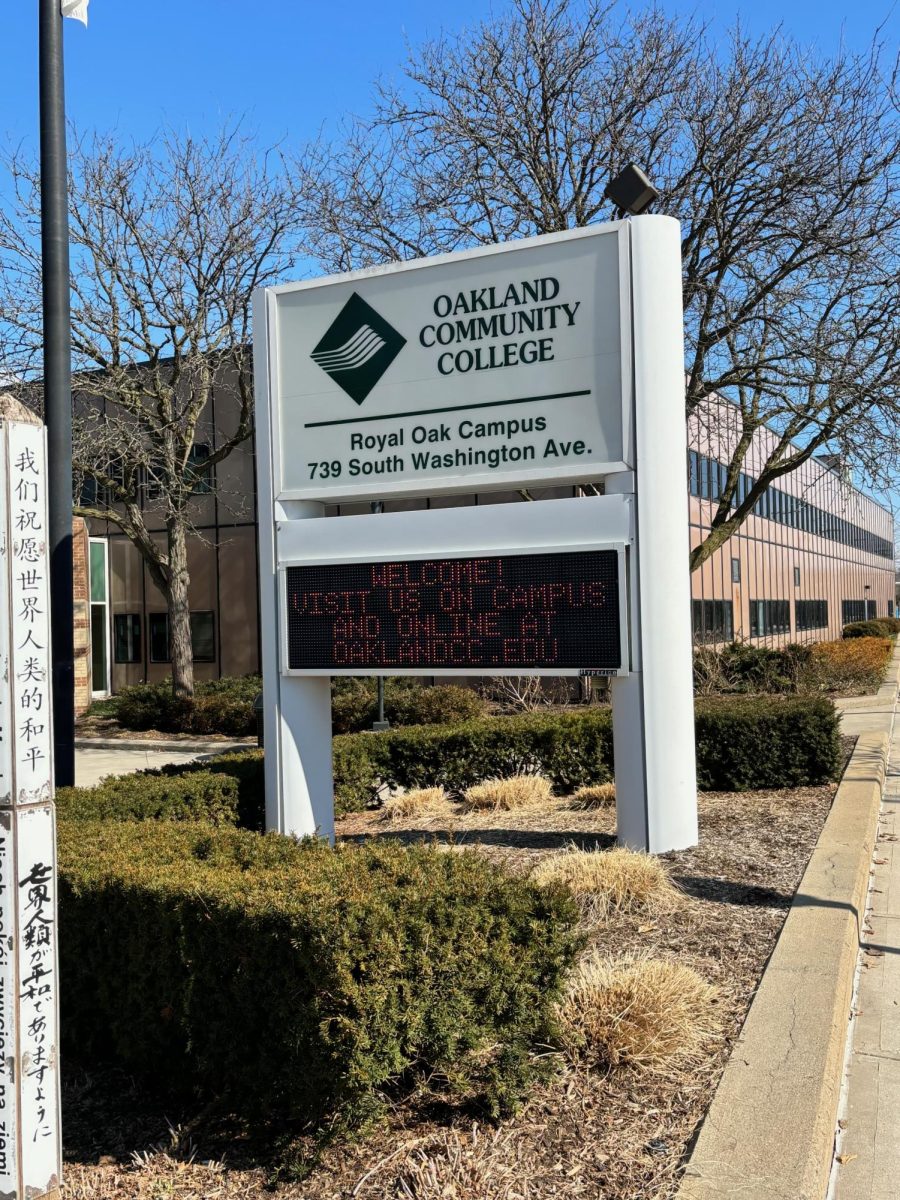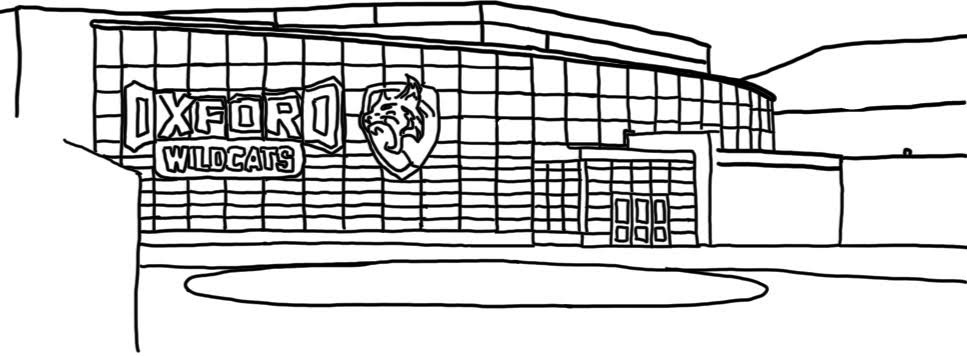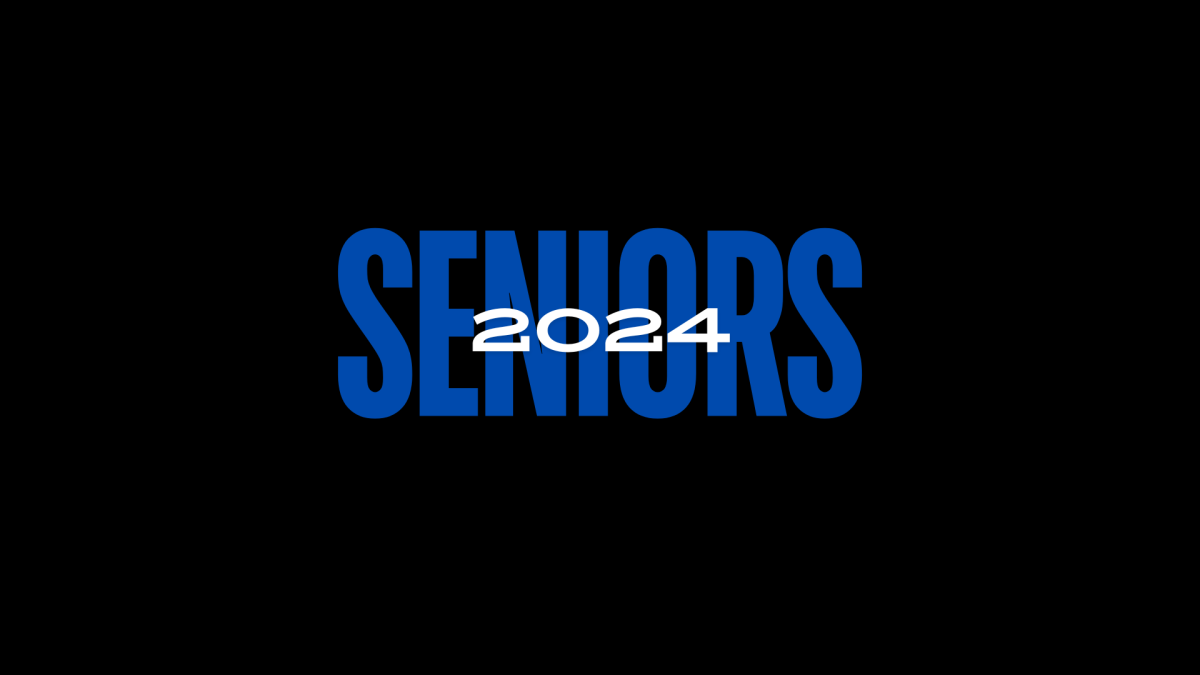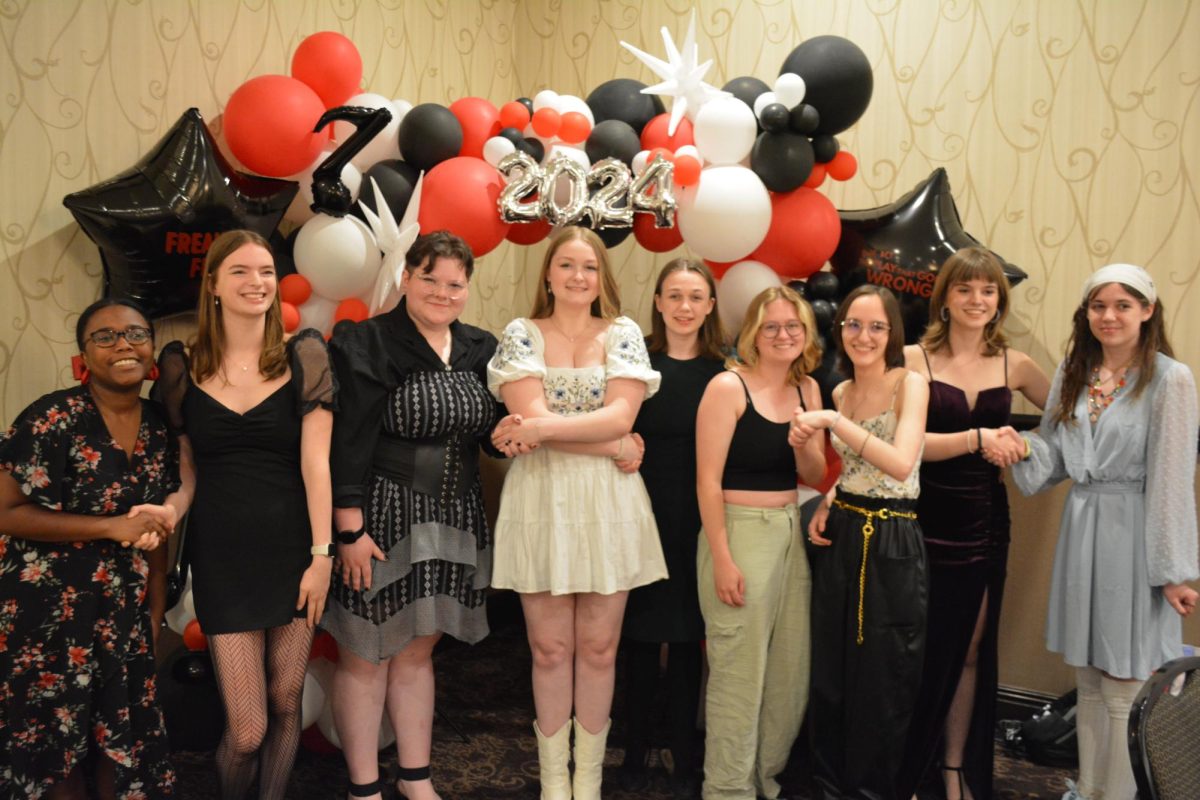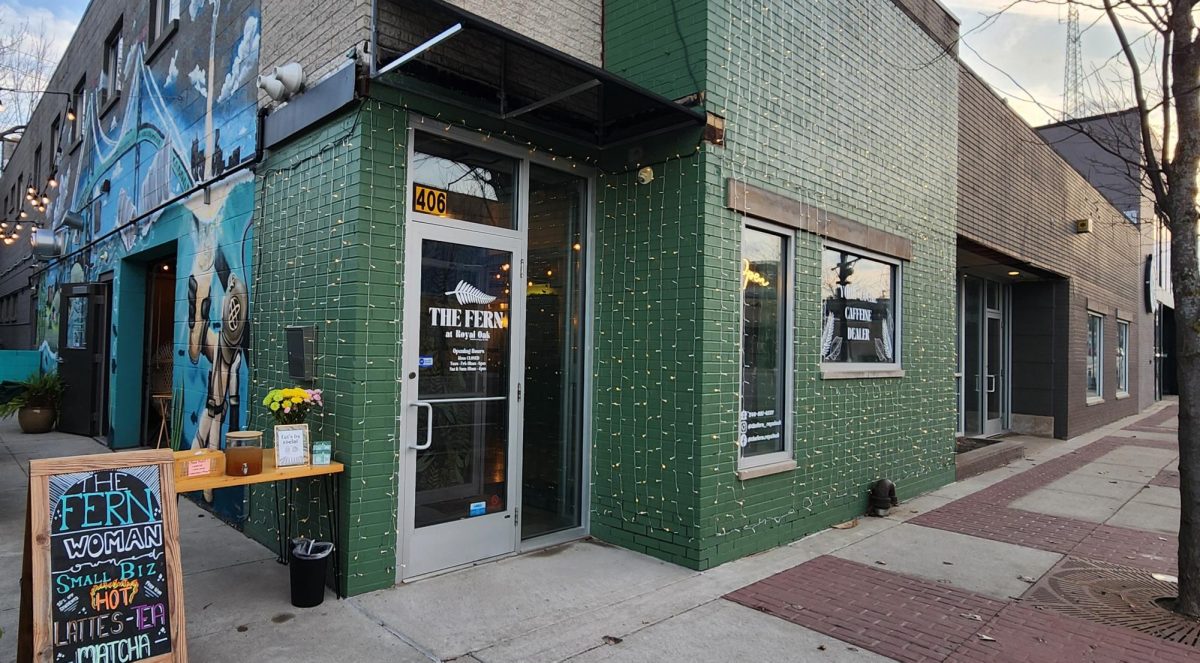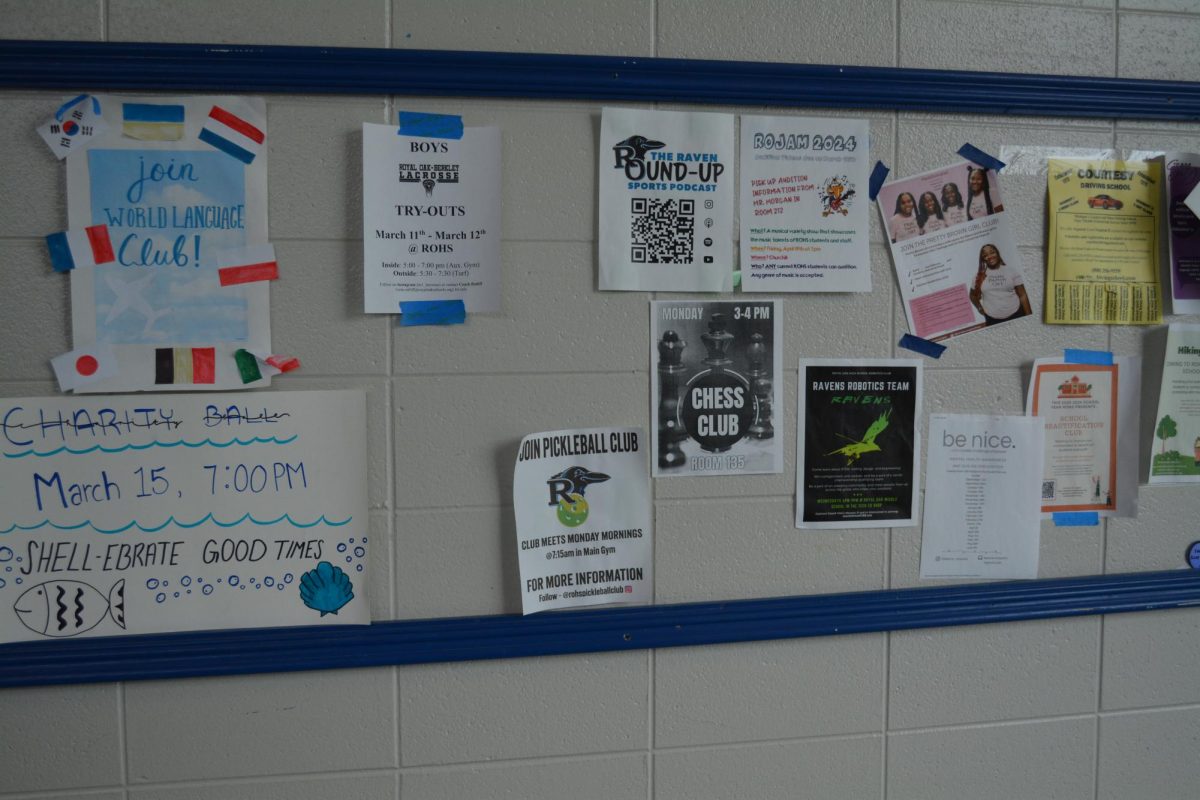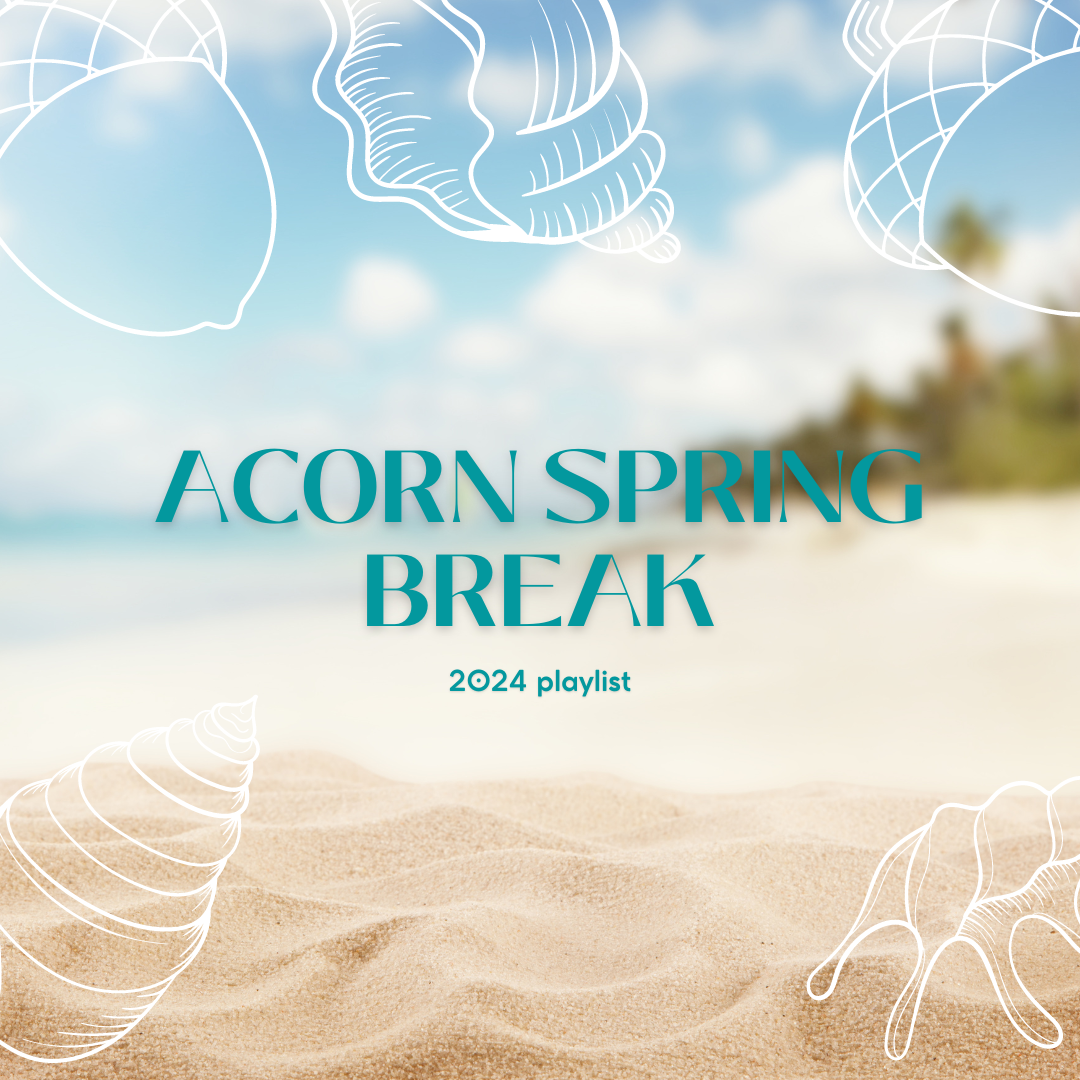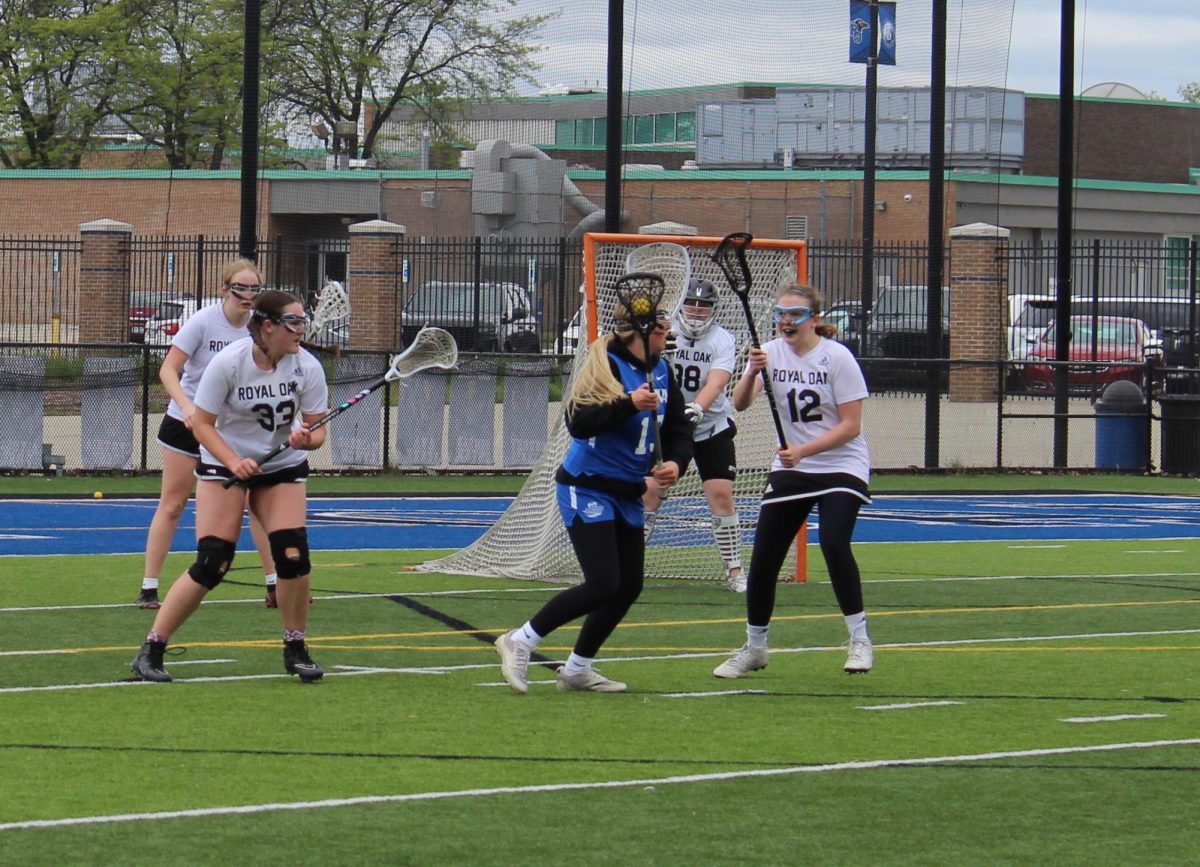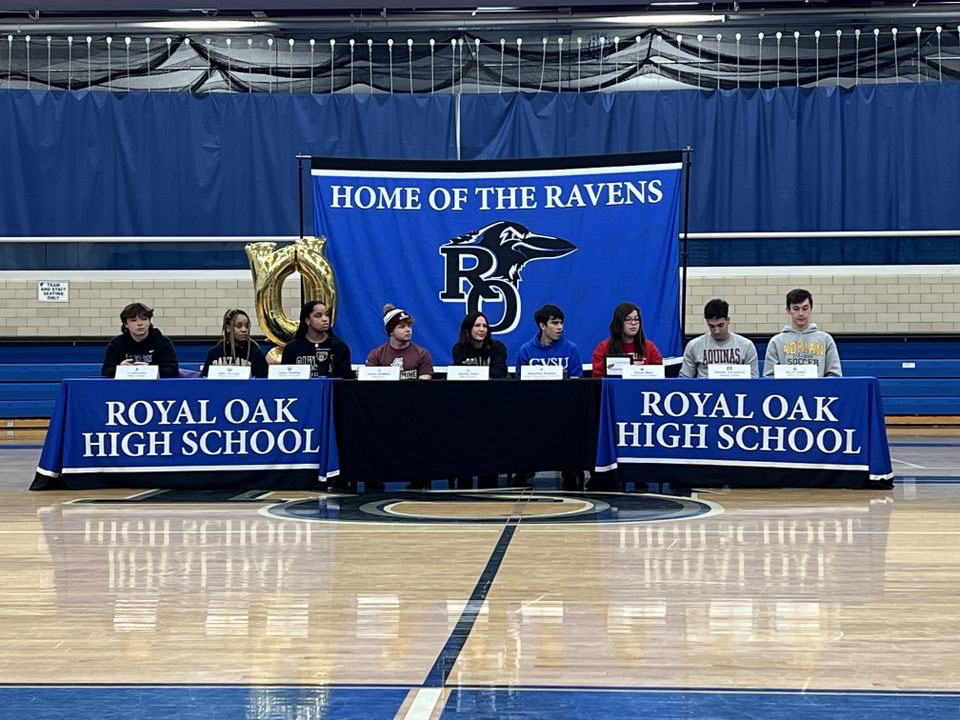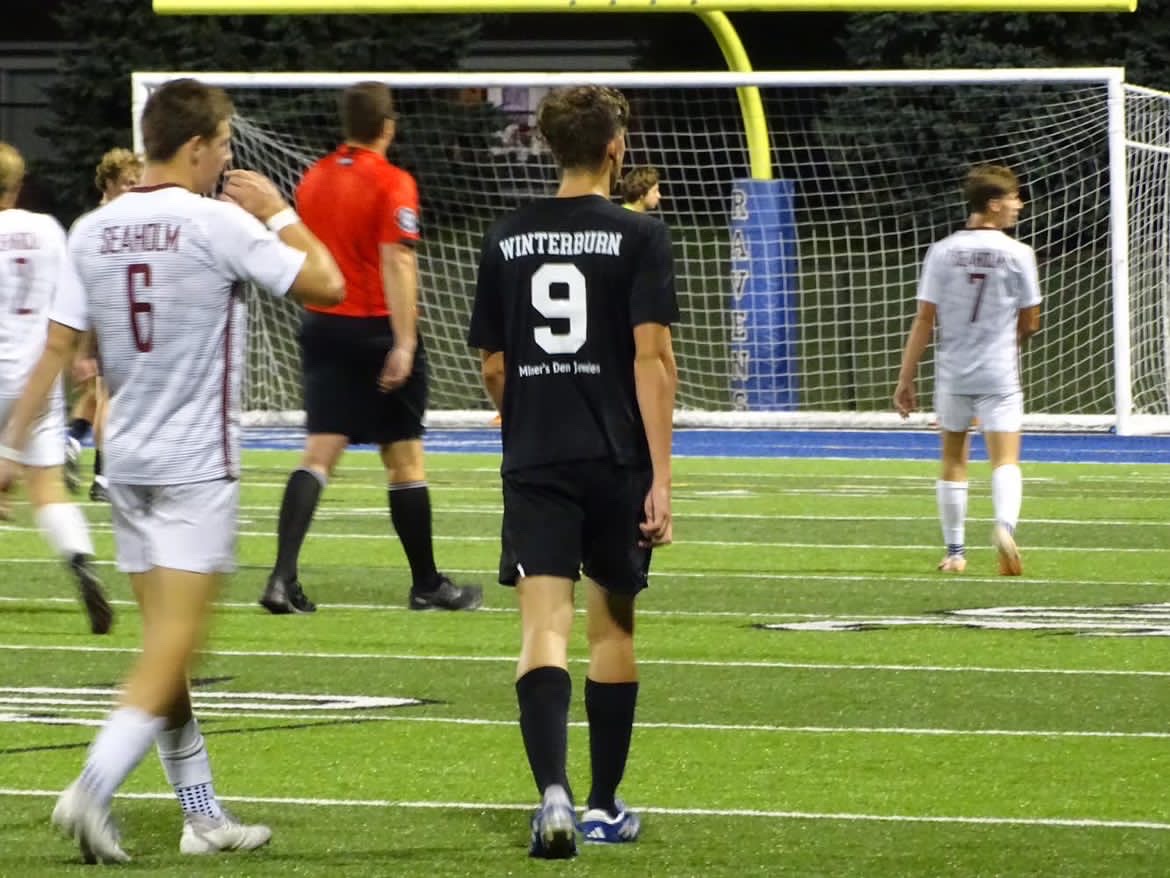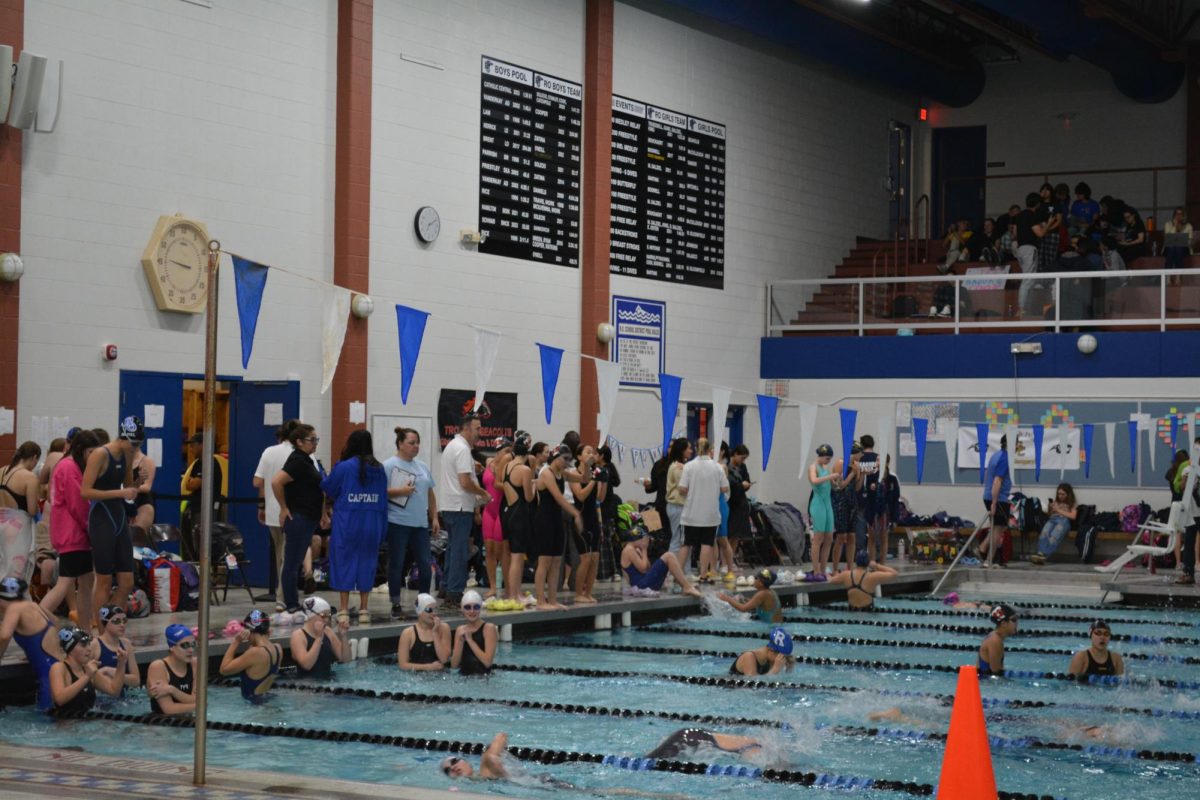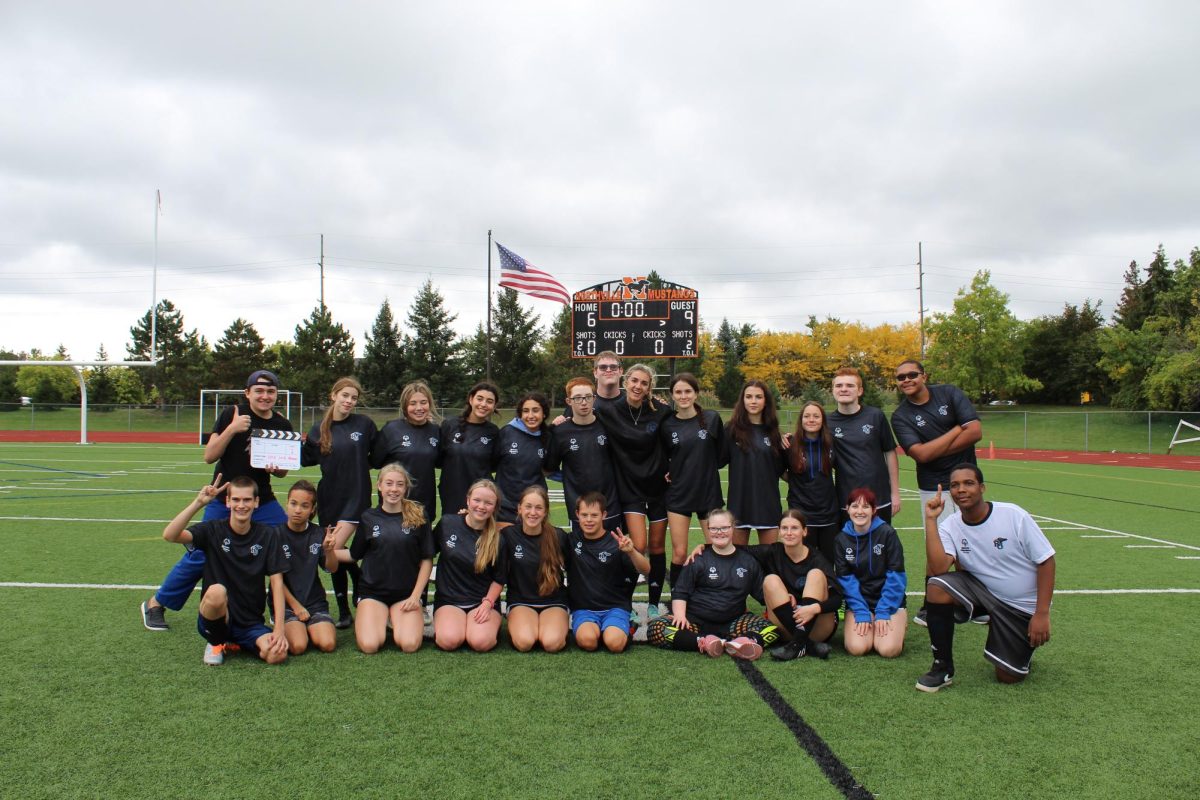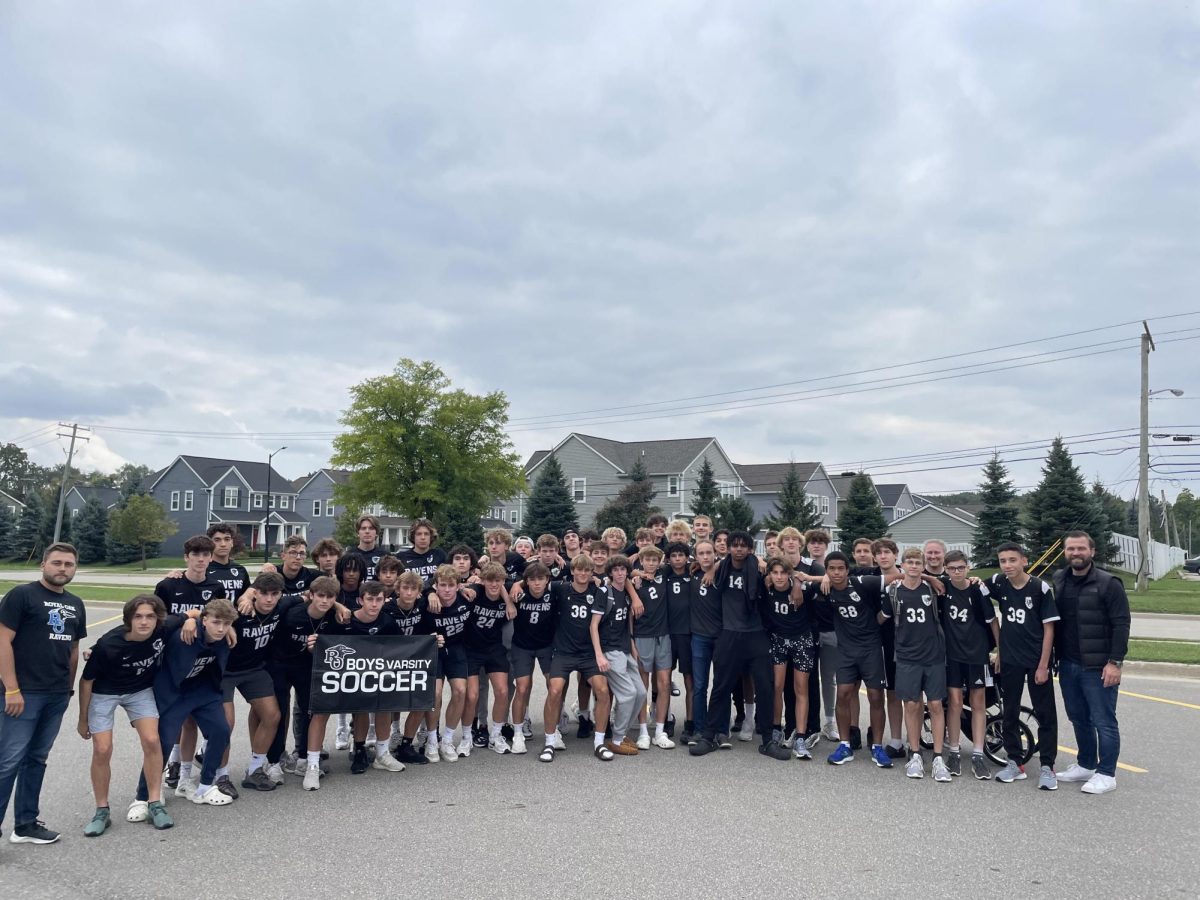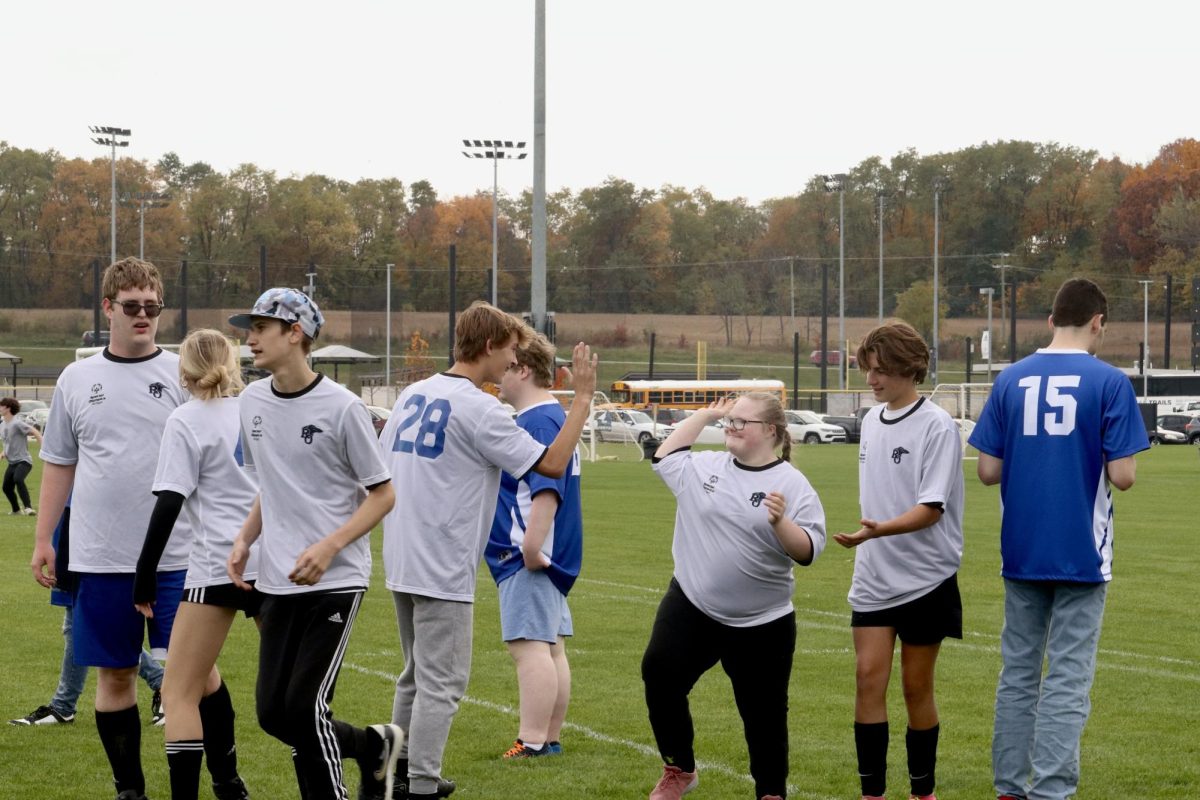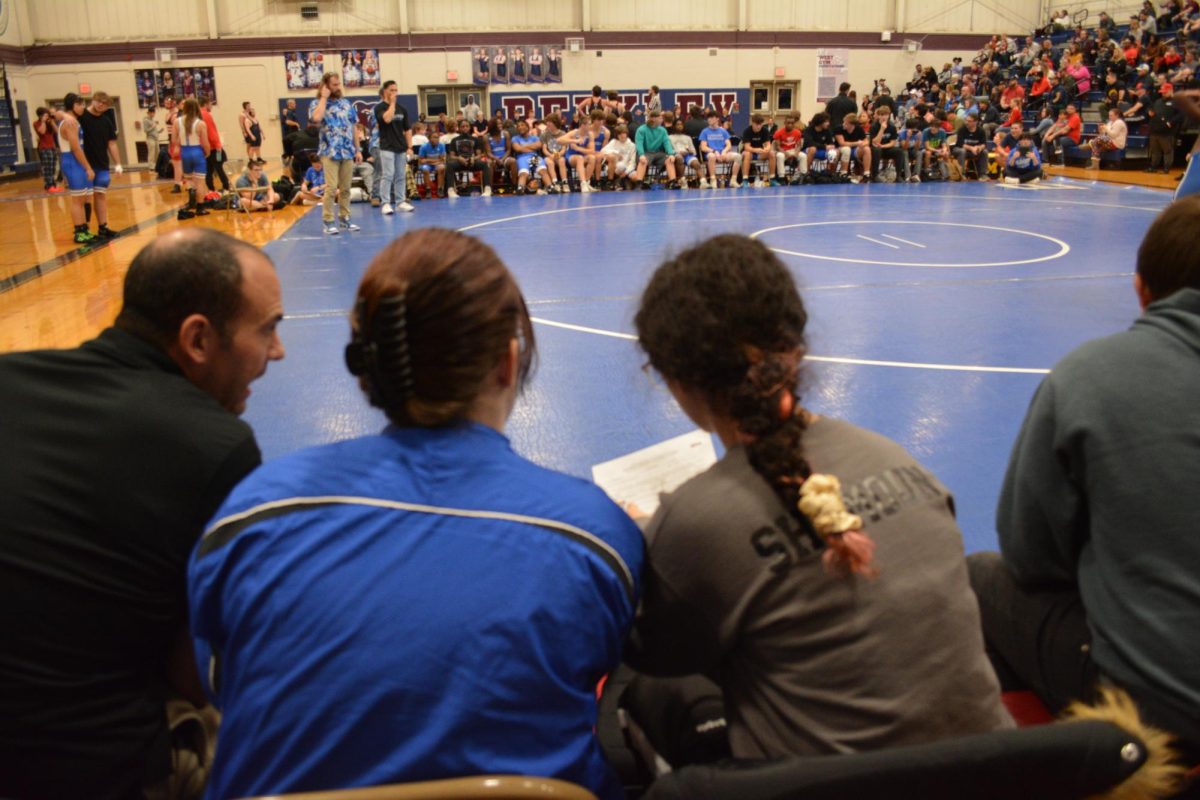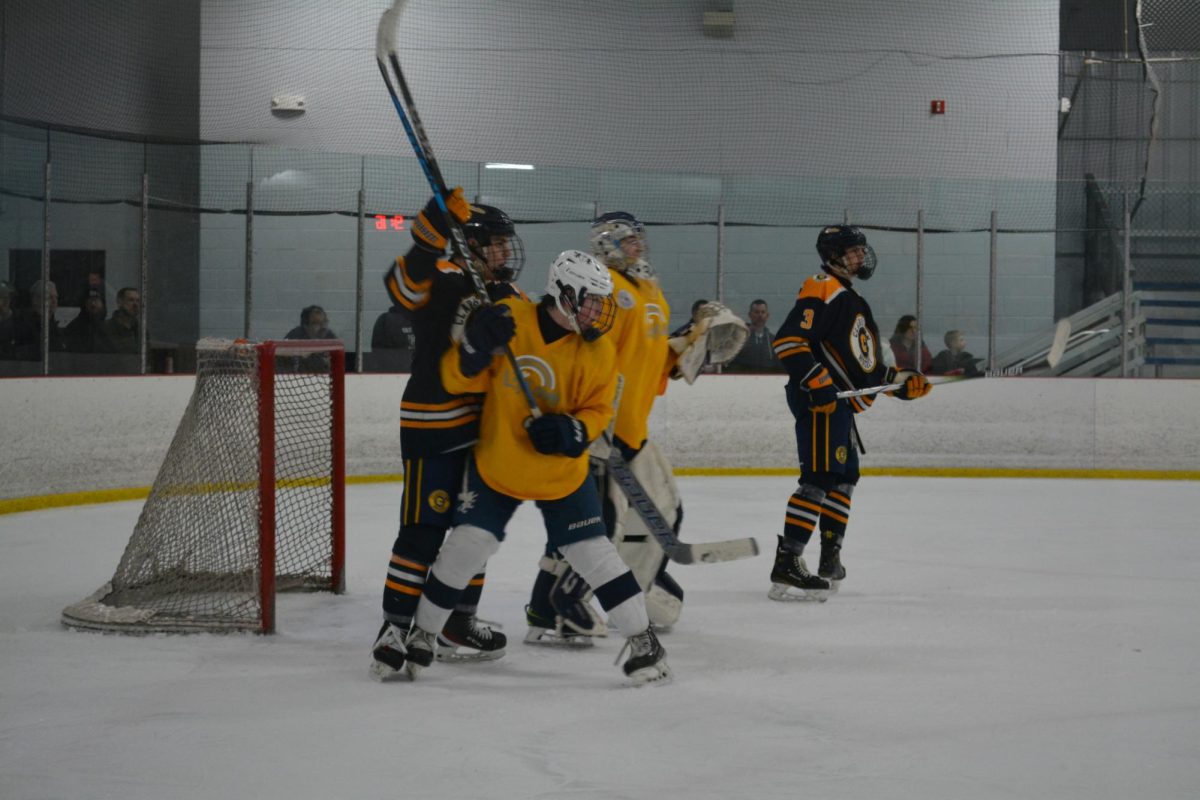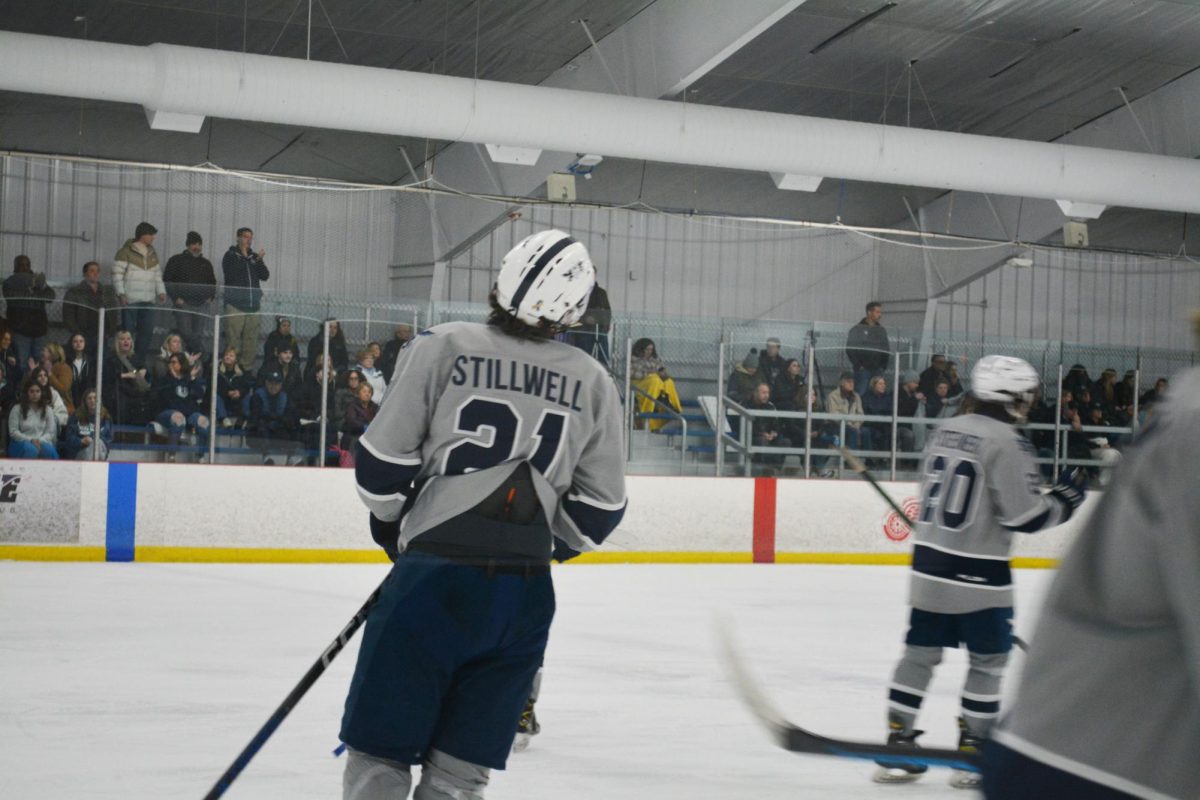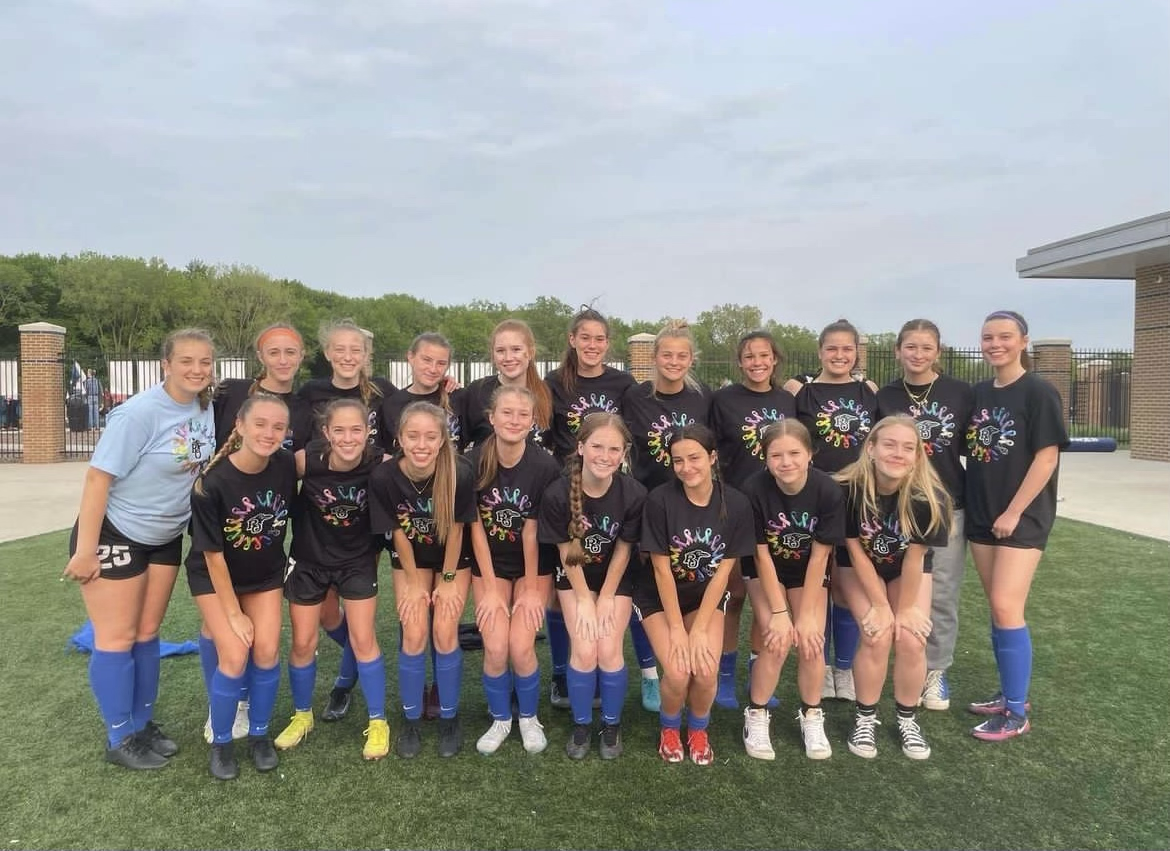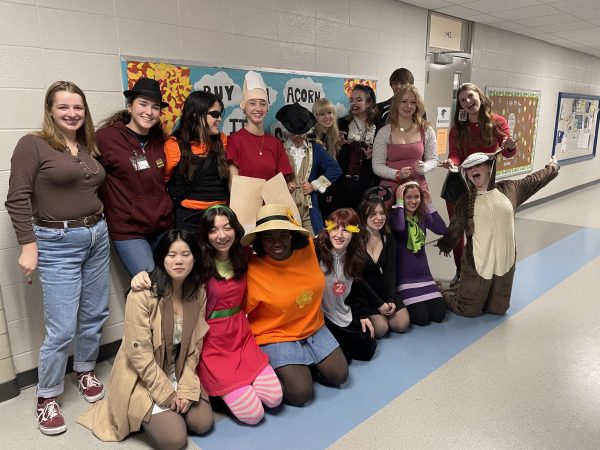Wake up early, and go to a leadership meeting. Go to school, get through classes. Finish school, go to practice. After practice, do homework. Stay up late and finally go to sleep, not when exhaustion hits but when the work is finally done. Repeat. Seems like a lot right? Well, it’s just an average day for most high school students.
There are many factors influencing a student’s busy schedule. Whether it’s parents or families, social media, teachers and administrators, or even just personal goals, everyone has their reasons to find success. A common factor among students is their desire to be competitive enough to attend a top college. This push for college, causes students to join as many extracurriculars as possible and take as many hard classes as possible in order to stand out against other students. But the majority of students seem to be doing everything. What really matters to colleges if everyone has perfect grades and high participation?
Counselor Erin Boedeker shared that colleges are looking for well rounded students. Being involved in extracurricular activities is a key addition to taking challenging classes in an area of interest or strength. An area of interest or strength, meaning something that the student is actually passionate about, not just something they feel they have to take.
“Do what’s best for YOU. Just because your best friend is in two sports, 3 clubs, and multiple AP or DP classes, doesn’t mean that’s a good fit for YOU,” she said.
It is hoped that every generation gains intelligence. The acquisition of that knowledge in schools is changing with the expectations set on students. Not only are curriculums growing in their difficulty/information, but the pressures on students outside of the classroom are increasing as well. Between student-led organizations and clubs, sports, jobs, and more, students are busier than ever before. But where do we draw the line between staying busy because we want to grow and learn, and feeling like we have to participate in order to compete?
At ROHS, we are lucky enough to have a large curriculum in an array of classes, including AP, DP, Honors, as well as specialty classes. However, with these options, comes the push to take as many challenging classes as possible to stand out on applications for post-high school opportunities. When choosing classes, the feeling that there are more things to be doing, and that others are doing better is apparent. This rabbit hole of self-doubt leads to students overfilling their academic plates with classes they may not even be interested in or have the time for.
“When students take on extra to boost their resume for college, but then fall behind in academics or cannot fulfill their commitments, it ends up having the opposite effect,” Boedeker said.
On top of academics, there are many other pressures involved in a student’s day. A major one is sports and extracurriculars. While we are pushed to try out for teams, join clubs, and make use of the resources at hand, we are hardly given advice on how to balance everything. High school is a time to try new things, but not everything fits. Yet most students don’t stop if they don’t like something, they push through because they feel like they have to. This ultimately takes a toll on the student’s mental well-being.
Boedker said, “What we often see in the student service center, is students who have overextended themselves”.
This doesn’t apply to every student, for some find satisfaction in their “thing” despite the inevitable pressures; when they win a game, get elected as an officer of their club, win first chair, get the star role of a play, etc. What happens when the costs outweigh the benefits? How are students able to work with this?
Commitments are good to have in a day. But like anything in life, some days can feel overwhelming if the workload from school piles up, and time feels like it’s running out. During moments like these, who do students have to turn to? Our school does have many resources for students, but students may struggle to ask for help, having guidance on how to go about that would be extremely helpful. Turning to counselors in order to help make beneficial choices needs to become more normalized. Not only in times of crisis but to avoid those extremes. Due to the growing competitive nature of high school, students deserve to be guided to help them not just get through their time in high school, but to actually enjoy it.

